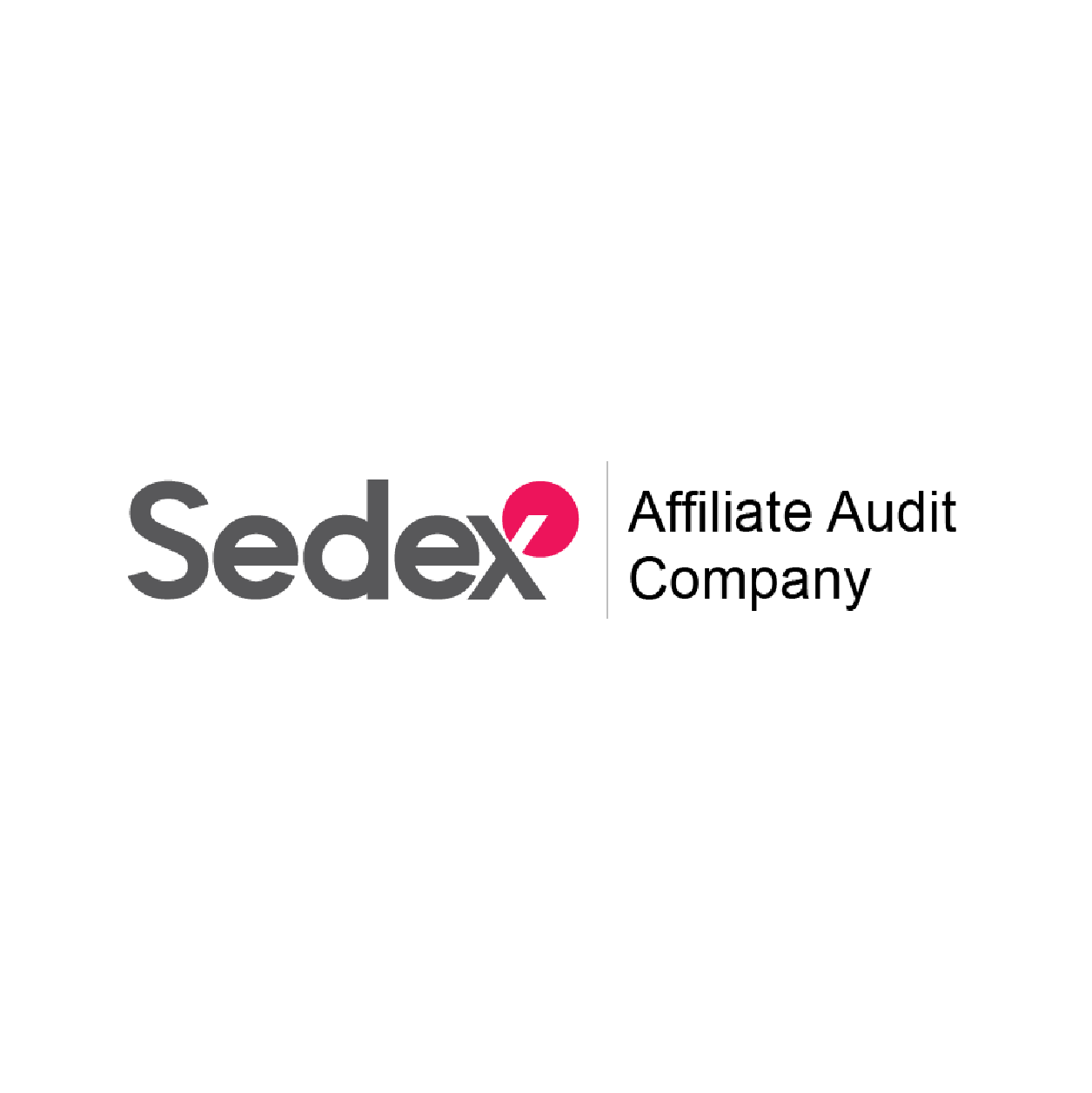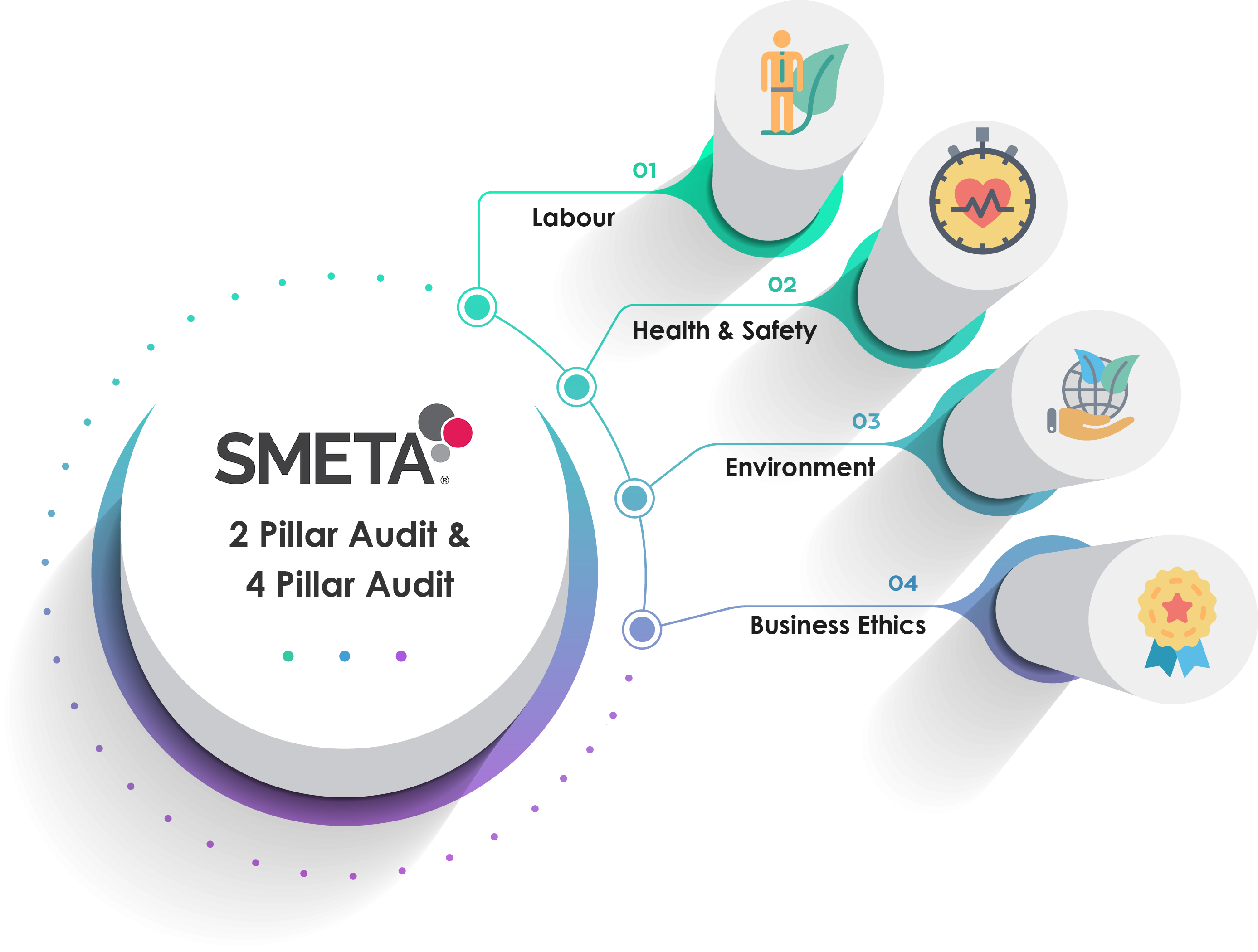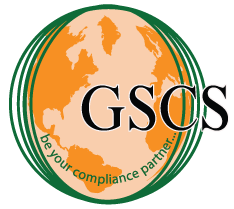
SMETA Explained: The Pillars of Ethical Trade Audits by Sedex
Introduction: Businesses increasingly face the onus of being held accountable for their ethical and sustainable practices. SMETA (Sedex Members Ethical Trade Audit) is an extremely valuable framework for encouraging transparency and responsibility in supply chains. SMETA ensures that labor crosscutting issues and business ethics are maintained at the highest levels. This is done while monitoring a company’s compliance with ethical trade standards.
This article discusses the importance, process, and advantages of SMETA while explaining why it has become a must for companies wishing to gain confidence and reputation in competitive markets.

What is the SMETA Audit?
The Sedex Members Ethical Trade Audit (SMETA) is an audit technique formulated by Sedex and is utilized globally. It aims to evaluate the ethical trade and societal compliance within many supply chains. In contrast with normal ethical audits, SMETA is more business-friendly and allows results to be shared with several stakeholders. This releases businesses from the monotony of audits.
SMETA Features:
Detailed Audit: Includes an assessment of a business’s labor, health, safety, ethics, and environmental impact.
Customization: Can be completed as a 2-pillar or 4-pillar audit depending on the business's specific needs.
Report Sharing: Eliminates the need for everyone to conduct unique audits as it enables businesses to stem the reports to multiple buyers.
Why is SMETA Important?
Meeting Legal Obligations: SMETA checklists allow firms to comply with obligations set forth by everyone from the international labor organization ILO and UN Global Compact.
Improvement of Transparency in the supply chain: In this age where transparency is the order of the day, SMETA serves the important function of revealing a company’s supply chain operations and those of its affiliates.
Alleviation of Audit Fatigue: Many suppliers must undergo several audits due to different buyers’ needs. SMETA assists with this issue by providing a platform for other sellers to serve different buyers.
Enhanced Consumer Confidence: With greater trust in brands nowadays, having a SMETA certification increases credibility and helps build reputation.ng brands gain trust and loyalty.
Pillars of SMETA
The 4 pillars of SMETA are Labor Standards, Health & Safety, Environmental Impact, and Business Ethics which guarantees ethical audits in the supply chains. They also focus on sustainability, employee welfare and corporate responsibility. Here is 4 pillars of SMETA:
1. Labor Standards
This pillar ensures fair treatment of workers and compliance with labor laws, covering aspects like:
- Wages and working hours
- Prevention of forced and child labor
- Freedom of association
2. Health and Safety
The audit assesses the facility’s commitment to worker safety, including:
- Emergency preparedness
- Safe equipment usage
- Proper workplace hygiene
3. Environment (Optional for 2-Pillar Audits)
This pillar focuses on sustainable practices, such as:
- Waste management
- Energy conservation
- Pollution control
4. Business Ethics
This evaluates the company’s commitment to ethical business practices, including:
- Anti-corruption measures
- Data protection policies
- Transparent governance
Benefits of SMETA (Sedex Members Ethical Trade Audit)
SMETA has certified audits which assist businesses in complying with legal, labor, environment and safety requirements. These audits help enterprises earn stakeholder trust while promoting social responsibility.
✔ Strengthened Communication with Suppliers: Better communication with suppliers means that there will be more trust which will enable more successful business operations.
✔ Global Recognition: All types of businesses adheres to SMETA making it easy for businesses SMETA certified to comply with international trade.
✔ Improved Brand Reputation: A brand perceived to comply with ethical standards will have many consumers and investors.
✔ Companies are offered advancements Operation: SMETA audits increase business attractiveness by diagnosing inefficiencies and risks that increase business costs and defining means of improving them.
✔ Audit Risks Identification: Labor and other workplace conditions may have potential health and safety risks which businesses will seek to improve. The audit will highlight such risks which the business can seek to mitigate.
Industries that benefit from SMETA
1. Garment and Textile: Fashion industries always look to guarantee ethical practices while producing garments.
2. Food and Drink: In this area, SMETA ensures companies are meeting set best practice standards as far as worker welfare and safety is concerned.
3. Hardware: Achieving ethical compliance within techie supply chains makes consumers trust more and investors gain confidence.
4. Shops: Retailers apply SMETA audits with the hope that their suppliers practice ethical trading.
The (SMETA) Sedex Audit Process
Step 1: Preparation
In this step, the company gathers the essential documents like labor contracts, health, and safety regulations, or the payment records and stores them in an orderly manner for the purpose of the audit.
Step 2: On-Site Audit
Trained Auditors attend the company’s premises to gauge how the company conducts its operations. This includes:
- Worker or personnel interactions
- Assessment of physical working conditions
- Examination of workplace documents
Step 3: Audit Report
The findings compiled give a full version of the company detailing the good and bad practices. This report gets published on the Sedex portal.
Step 4: Corrective Action Plan
In this stage, a company that has been thought to have done something wrong is advanced with the action plan or plan for improvements within a given period.
Why Choose GSCS International for SMETA Audits?
One of the most difficult decisions you will face is selecting the best partner for your SMETA audit. GSCS International is one of the most reputed service providers owing to the following factors:
1. Huge Experience
GSCS International has spent several years in ethical auditing and helping businesses around the globe gain compliance in various sectors.
2. Global Framework
GSCS undertakes all audits focusing on international guidelines to ensure consistency and trust.
3. Flexible Audit Plans
GSCS appreciates that no two businesses are the same and has set plans that enable them to vary their audit processes to suit your company’s needs.
4. Streamlined Processes
GSCS uses measures that ensure there is little interruption to the organization's normal operations while availing the detailed audit output.
5. Becoming Compliant
GSCS is a staunch supporter of ethical and sustainable measures, so he can assist firms in troubleshooting their way to compliance.
Conclusion: SMETA (the Sedex Members Ethical Trade Audit) is an invaluable asset for companies that strive for responsible and ethical business practices. It encourages and facilitates ethical trading by enabling the checking of compliance regarding labor standards, health and safety, environmental protection, and business ethics.
A reputable organization like GSCS International can guide businesses through the SMETA implementation process effectively and effortlessly. Their knowledge and dedication to environmental protection allow them to provide specific and custom solutions, guaranteeing a rewarding SMETA audit encounter.
Tackle your ethical trading goals with SMETA today and improve your brand reputation while contributing towards supply chain transparency.
FAQ:
Sedex Members Ethical Trade Audit (SMETA) is a globally recognized social auditing methodology designed to assess a company’s compliance with ethical trade standards. It evaluates key areas such as labor practices, health and safety, environmental management, and business ethics within supply chains, helping businesses enhance transparency and sustainability.
The SMETA Ethical Code is a set of guidelines based on the ETI Base Code and global labor standards, ensuring fair wages, safe conditions, environmental care, and ethical practices in supply chains.
1. Labor Standards: Ensuring fair treatment, safe working conditions, and compliance with labor laws.
2. Health and Safety: Promoting workplace safety and well-being for all employees.
3. Environment: Assessing and managing environmental impact effectively.
4. Business Ethics: Upholding ethical practices, including anti-corruption and transparency in business operations.
Sedex members are businesses committed to ethical supply chains, including manufacturers, suppliers, retailers, and brands, using Sedex's platform to share and access data for improved transparency and sustainability.
Sedex (Supplier Ethical Data Exchange) is a global platform that helps businesses manage and improve ethical practices in their supply chains.
SMETA (Sedex Members Ethical Trade Audit) is an audit methodology created by Sedex to assess a company's compliance with ethical standards across areas like labor, health, environment, and business ethics.
